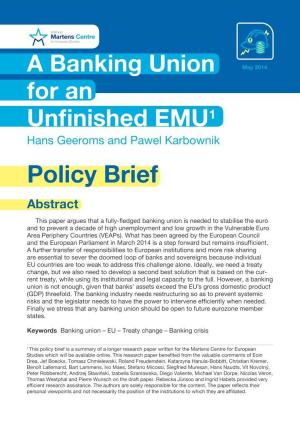All Tomorrow's Parties
The Changing Face of European Party Politics
Nonfiction, Social & Cultural Studies, Political Science, Government, Political Parties, Democracy, International| Author: | Florian Hartleb | ISBN: | 1230000219197 |
| Publisher: | Wilfried Martens Centre for European Studies | Publication: | February 17, 2014 |
| Imprint: | Language: | English |
| Author: | Florian Hartleb |
| ISBN: | 1230000219197 |
| Publisher: | Wilfried Martens Centre for European Studies |
| Publication: | February 17, 2014 |
| Imprint: | |
| Language: | English |
Political parties are continually under pressure, due to changes in societies, technologies and politics as a whole. But at the moment, Europe is on the threshold of a new environment that is changing the face of political parties themselves. The picture has elements both optimistic (concerning the possibilities of ‘virtual’ activism) and pessimistic (concerning ‘real’ membership and stable voting). In general, parties have to transform the tools of organisation and participation to tackle their declining memberships. New types of populist parties—virtual, ‘flash’, 'couch’ or ‘one seat’ parties in which members fit on a single couch or in the case of Geert Wilders even on one chair—only arise during the electoral campaign. It is possible to observe two extreme positions or models that are attributable to the parties: one form is a strictly authoritarian leadership; the other is a more even, unfiltered participation based on a ‘virtual community’. In spite of this development, strongly principled parties based on values and stable commitments could still take a lead, provided they do not embrace a loose societal modernisation.
Political parties are continually under pressure, due to changes in societies, technologies and politics as a whole. But at the moment, Europe is on the threshold of a new environment that is changing the face of political parties themselves. The picture has elements both optimistic (concerning the possibilities of ‘virtual’ activism) and pessimistic (concerning ‘real’ membership and stable voting). In general, parties have to transform the tools of organisation and participation to tackle their declining memberships. New types of populist parties—virtual, ‘flash’, 'couch’ or ‘one seat’ parties in which members fit on a single couch or in the case of Geert Wilders even on one chair—only arise during the electoral campaign. It is possible to observe two extreme positions or models that are attributable to the parties: one form is a strictly authoritarian leadership; the other is a more even, unfiltered participation based on a ‘virtual community’. In spite of this development, strongly principled parties based on values and stable commitments could still take a lead, provided they do not embrace a loose societal modernisation.















